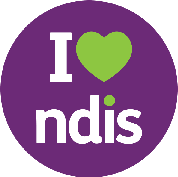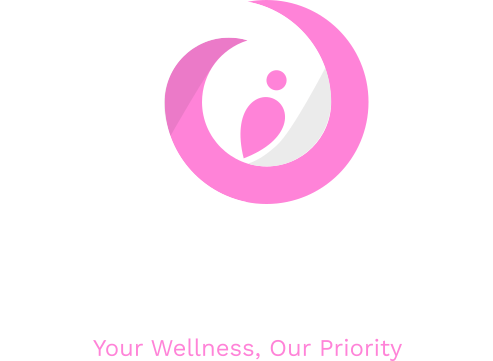Looking for NDIS support coordinator tips to help you make the most of your plan? Navigating the NDIS can feel overwhelming. You’re trying to make the most of your plan and achieve your goals. At Centre of Hope, we know that the right support coordinator can make a huge difference in your NDIS journey.
Your support coordinator plays a vital role. They connect you with services, help you understand your plan, and make sure you’re getting the support you need. But how do you know if your coordinator is truly working in your best interests?
This guide will help you recognise the qualities of a great NDIS support coordinator. It also offers practical tips to evaluate if your current coordinator is the right fit for you.
Understanding the Role of Your NDIS Support Coordinator
Your support coordinator is more than an administrator. They’re your guide through the NDIS system. They help you find the right service providers, use your plan effectively, and adjust support as your needs change.
A great coordinator takes time to understand your unique situation, goals, and preferences. They work with you to identify barriers and offer practical solutions.
Key responsibilities include:
- Connecting you with the right providers and supports
- Explaining how to use your NDIS plan
- Guiding you on how to make the most of your funding
- Supporting you through plan reviews and updates
- Helping you build confidence and self-advocacy skills
At Centre of Hope, we believe in compassionate, personalised support. Everyone deserves help that empowers them to live their best life.
What Makes a Great NDIS Support Coordinator?
Strong NDIS Knowledge and Experience
They understand the NDIS framework, funding categories, and how services work together. They explain things clearly and help you explore your options.
Excellent Communication Skills
A great coordinator listens to your concerns, communicates clearly, and keeps you informed. They respond quickly and make you feel heard and valued.
Proactive and Solution-Focused
They anticipate your needs and offer solutions before problems arise. They find creative ways to help you reach your goals.
Transparency and Honesty
They’re upfront about their fees, services, and limitations. You should always know what to expect.
Empathy and Respect
They understand the challenges you face. They treat you with dignity and respect your role as the expert on your own life.
Strong Networks
A well-connected coordinator can link you to high-quality providers. They should know a wide range of services that match your needs and goals.
Positive Signs Your Support Coordinator is a Good Fit
Regular, Meaningful Communication
They check in often, keep you updated, and are easy to contact. Conversations feel natural and respectful.
Quick Response to Concerns
They act fast when you raise an issue and work with you to find solutions. They take your feedback seriously.
Visible Progress Toward Your Goals
You should see improvements that matter to you—whether that’s connecting with new services or achieving outcomes in your plan.
Building Your Confidence and Knowledge
They help you learn how the NDIS works. Over time, you should feel more in control of your plan.
Tailored Support
They adapt their approach to fit your needs and preferences. They don’t rely on a one-size-fits-all method.
Warning Signs: When Your Coordinator May Not Be Right for You
Poor Communication
They’re hard to reach, slow to respond, or unclear in what they say. This is a red flag.
Limited NDIS Understanding
If they don’t fully understand NDIS processes or support options, they may not be able to guide you effectively.
Lack of Initiative
They only act when you ask. They don’t look ahead or offer ideas unless prompted.
Disregard for Your Goals
They push their own ideas and ignore your preferences. That’s not acceptable.
Weak Provider Connections
If they struggle to find suitable services for you, they may not have the network or knowledge you need.
Tips to Get the Most from Support Coordination
Be Clear About Your Goals
Know what you want and share your goals openly. Clear communication helps your coordinator support you better.
Stay Involved
Ask questions about your plan, services, or funding. A good coordinator welcomes your curiosity.
Give Feedback
Let them know what’s working and what needs improvement. Honest feedback strengthens your relationship.
Keep Records
Write down important conversations and decisions. It helps you stay organised and track progress.
Speak Up for Yourself
This is your NDIS journey. Don’t be afraid to ask for what you need or raise concerns.
What to Do If You’re Not Happy
If your coordinator isn’t meeting your needs, start by having an open conversation. Many issues can be fixed with honest communication.
If problems continue, it’s okay to make a change. Talk to the provider’s management, or look for another support coordination service.
Here’s what you can do:
- Write down specific concerns
- Discuss them with your coordinator
- Speak with management if needed
- Ask for advice from other NDIS participants or advocates
- Search for a new coordinator who suits your needs
Remember, your coordinator is there to support you. You don’t have to settle for less than you deserve.
How Centre of Hope Can Help
At Centre of Hope, we’re committed to quality NDIS support coordination. Our team takes the time to understand your journey and support your goals.
We’re experienced, well-trained, and passionate about helping people thrive. We value trust, respect, and open communication.
If you want a coordinator who listens, cares, and acts, we’re here for you.
Move Forward with Confidence
Choosing the right NDIS support coordinator is a big decision. When you know what to look for, stay engaged, and speak up for yourself, you can get the support you need.
Your NDIS plan is designed to help you live well. Make sure your coordinator is helping you do exactly that.








